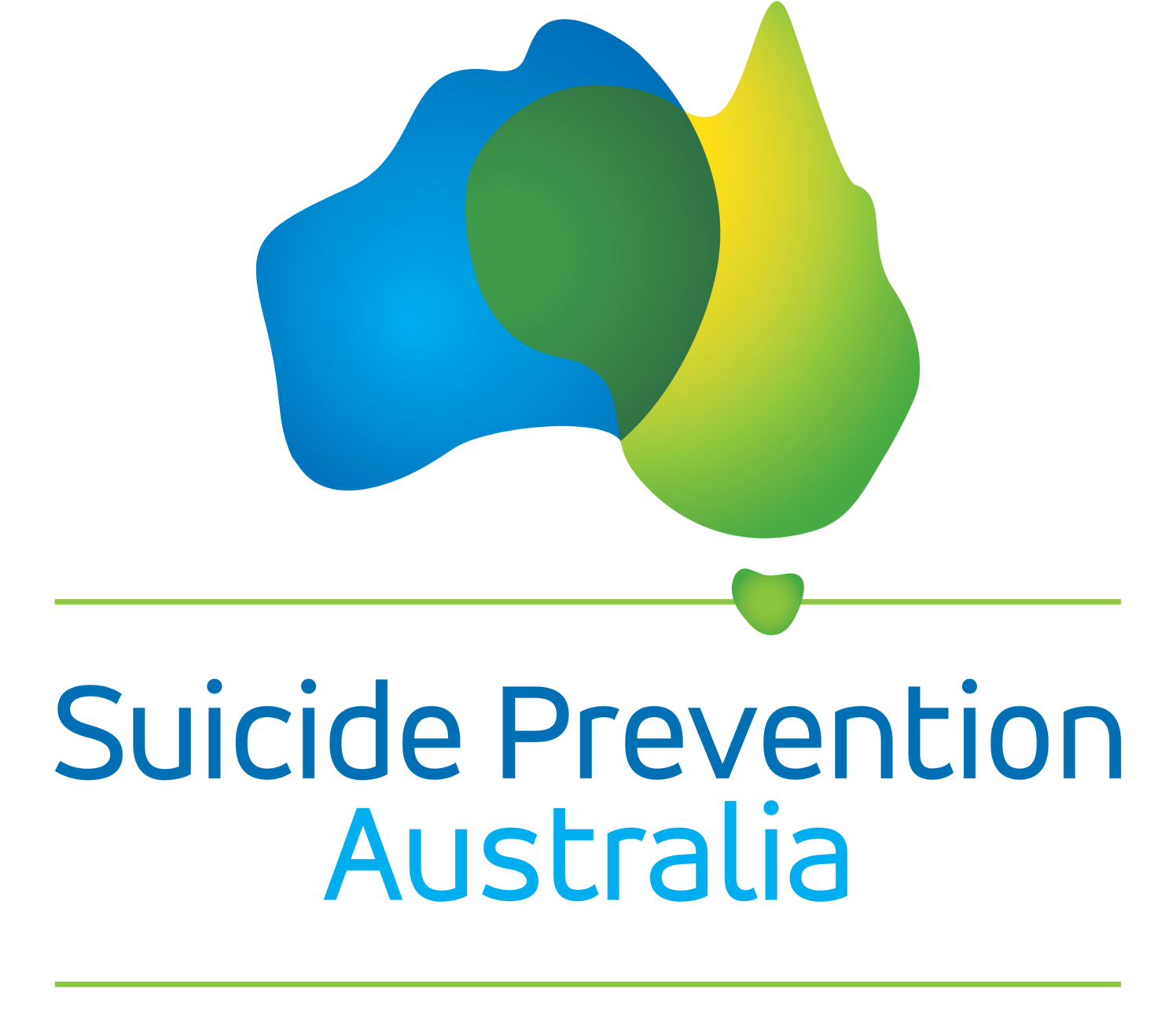The Trevor Project National Survey amplifies the experiences of more than 28,000 LGBTQ young people aged 13-24 across the United States. The data is presented in easy to read graphic... read more →
Gatekeeper training (GKT) is one of the most widely used suicide prevention strategies. It involves training people who are not necessarily clinicians to be able to identify people experiencing suicidality... read more →
A research report from a joint national campaign aimed at giving people the confidence to respond to friends and family when they need help and guide them to the right... read more →
This interim evaluation report provides findings on the design, implementation and delivery of The Way Back Support Service across 25 Australian sites. The interim report found significant reductions in participant... read more →
When a person is in severe distress, people in their social network can potentially take action to reduce the person’s suicide risk. The present study used data from a community... read more →
In Australia, farming populations have been identified as having higher rates of suicide, in comparison to metropolitan, rural and regional communities. The reasons for this are unclear although stigma is... read more →
In Australia, farming populations have been identified as having higher rates of suicide, in comparison to metropolitan, rural and regional communities. The reasons for this are unclear although stigma is... read more →
This paper evaluates the efficacy of an online intervention in reducing self-stigma and increasing help-seeking in refugee men.
This study aims to identify the information that people who have attempted suicide and those who support them believed to be helpful to receive after an attempt.
This study by Beyond Blue aims to describe men's experiences of ambulance care for mental health and/or AOD problems, and factors that influence their care
Short “Debate” – ANZ Journal of Psychiatry
This review aims to address the following questions: Which suicide aftercare services have been found to be effective in reducing further suicide attempts? From these services, what components of the... read more →
This review aims to address the following overarching question: What policies, programs or services have been effective in improving social and emotional wellbeing for Indigenous Australians?
This research aims to understand what evidence-informed and socially acceptable advice Beyond Blue could give the general public to increase the likelihood that they will ask about and support someone... read more →
This rapid review aimed to review recent published literature and describe the current evidence regarding a trauma-informed approach or strategies for suicide prevention, the impact of interventions and or strategies,... read more →
In support of Beyond Blue’s continuous improvement and learning, and as part of our funding agreement with the Commonwealth Department of Health, Beyond Blue commissions an independent evaluation at the... read more →
This study examines the feasibility and effectiveness of a suicide prevention smartphone application. The BeyondNow safety planning smartphone application was shown to be feasible and effective as an adjunct to... read more →
This rapid evidence review outlines the role played by involvement in the child protection system—including placement in OOHC—as a risk factor for suicidal behaviour, and reviews the effectiveness of interventions... read more →
This rapid review evidence check answered three research questions: What role does a current or previous interaction with the criminal justice system play in suicidal behaviour, and how does it... read more →
This article summarises a rapid review of evidence on the impact of trauma-informed approaches for suicide prevention and focuses on seven relevant studies to inform policy and practice.
